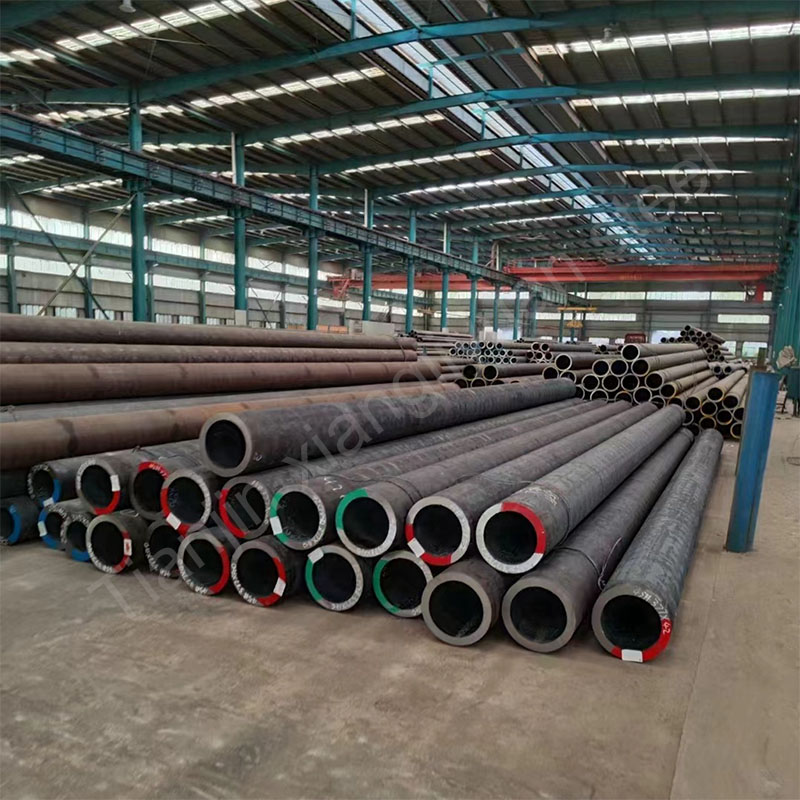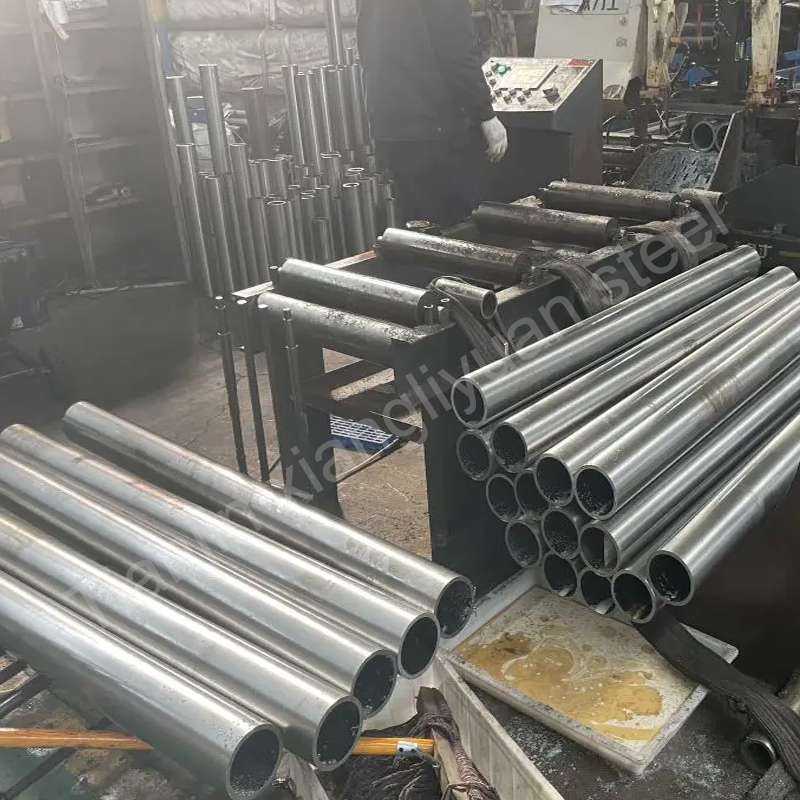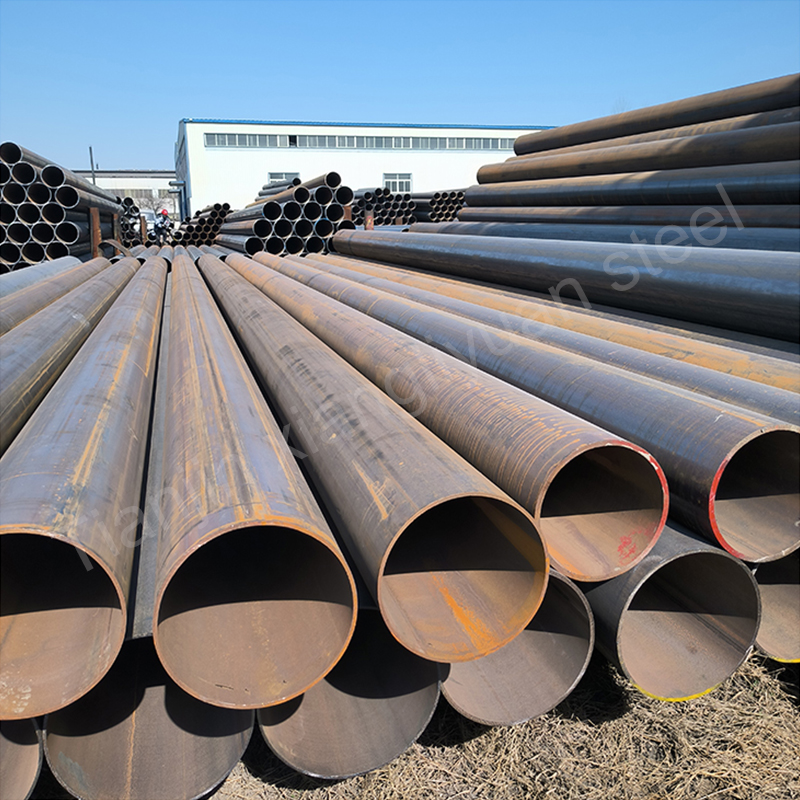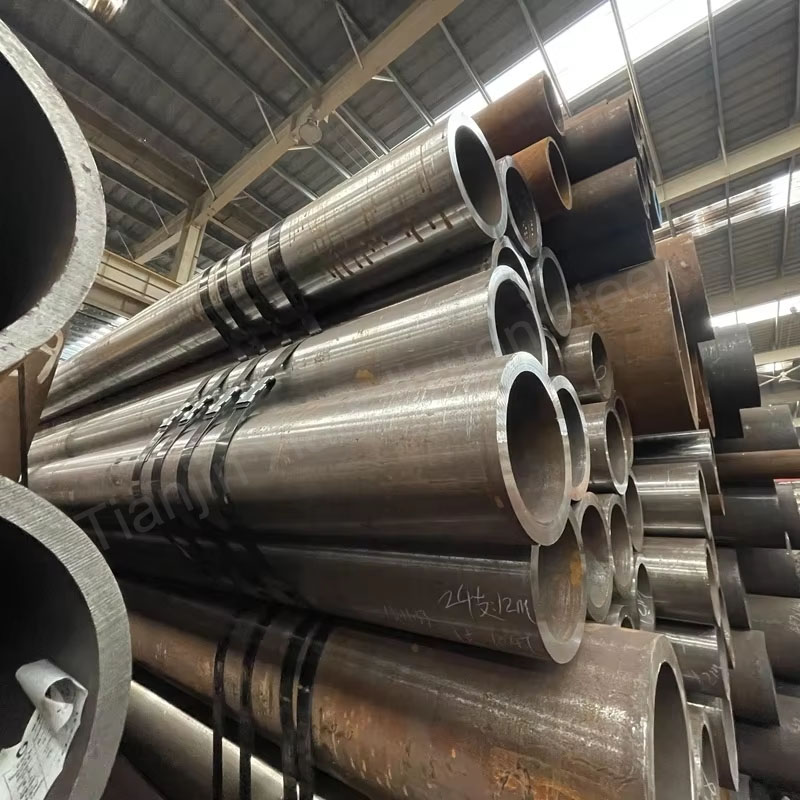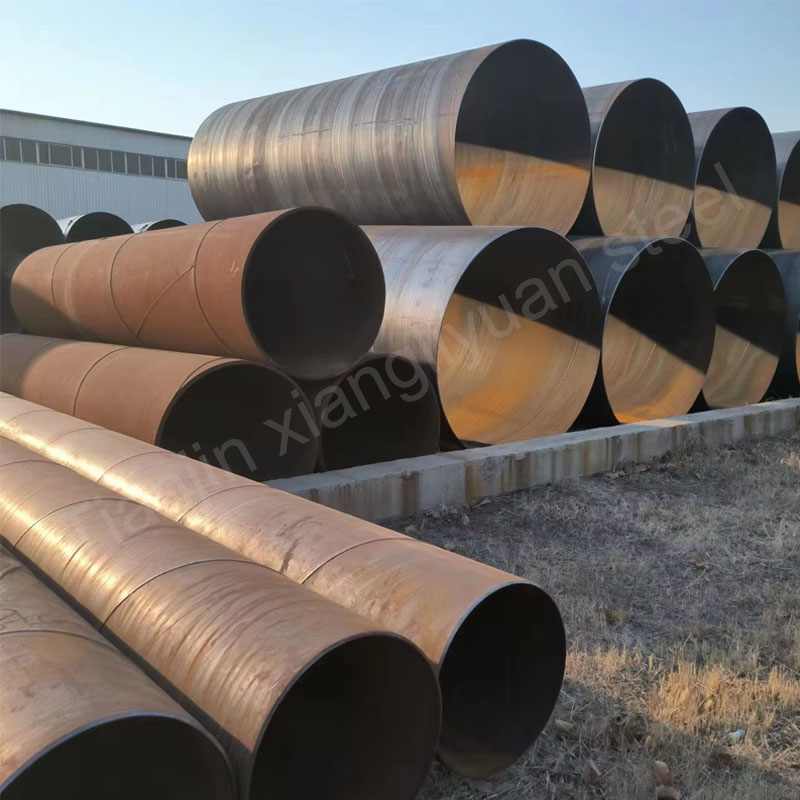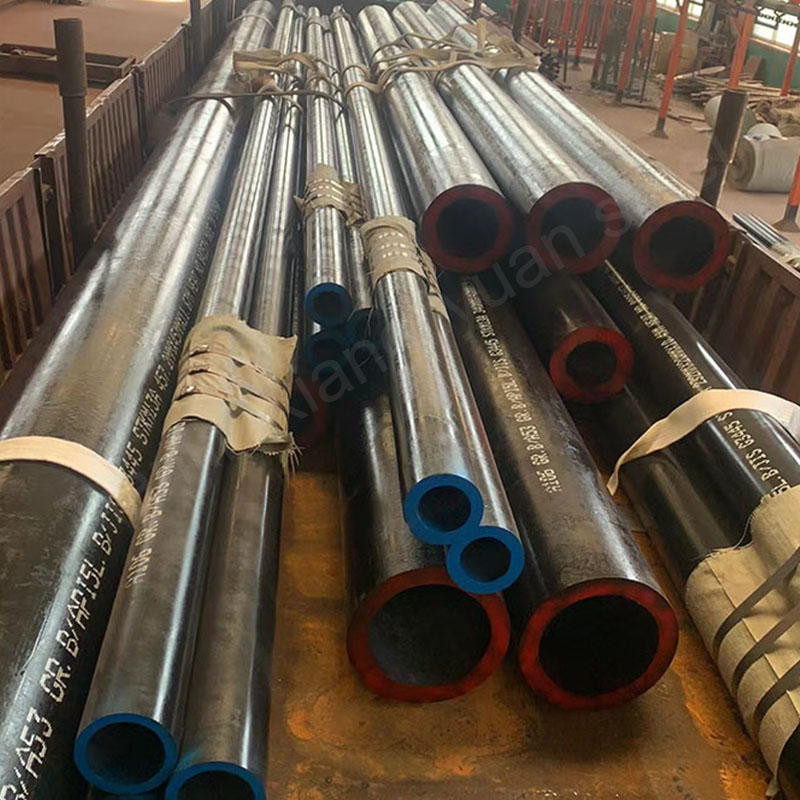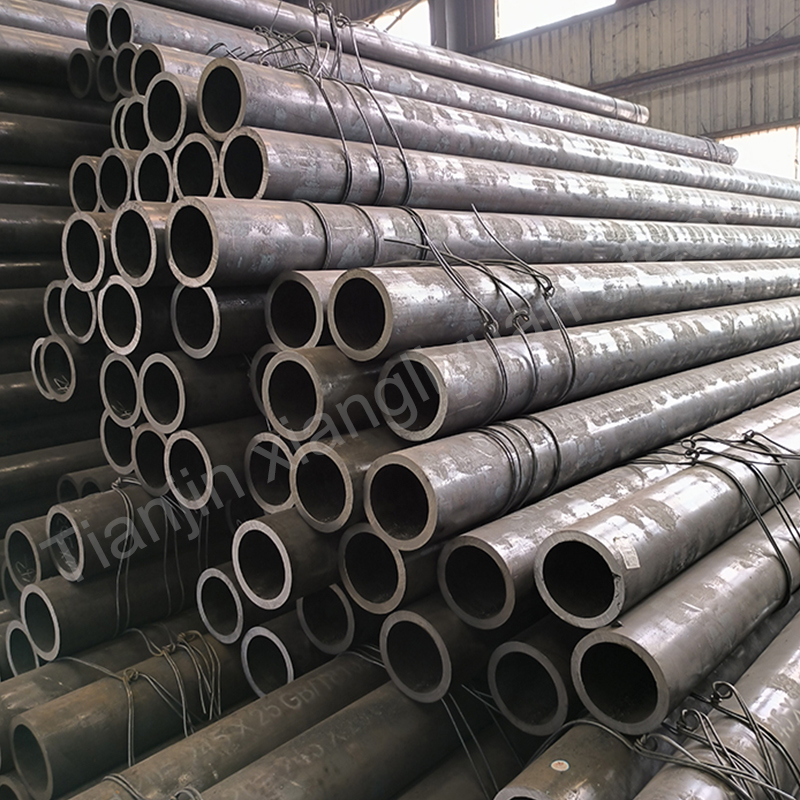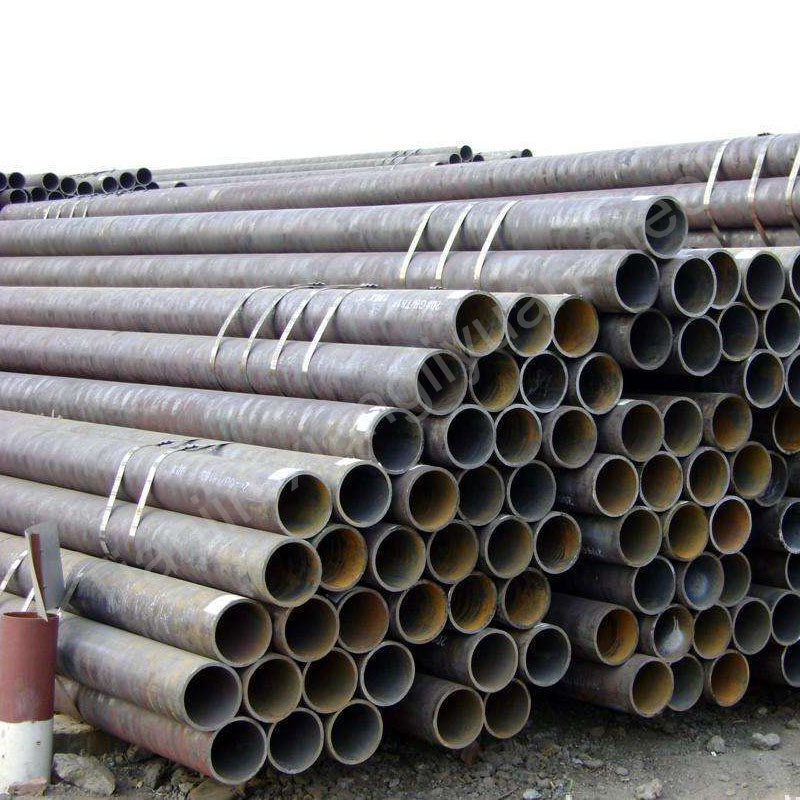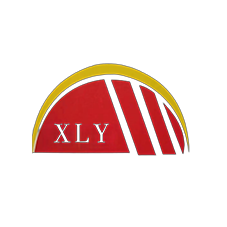The following are some commonly used grades and related introductions of carbon steel pipes in the world, classified according to common standards and countries: 1. United States (ASTM/ASME standard) ASTM A106 Purpose: Seamless carbon steel pipes widely used in high temperature and high pressure environments.
Seamless steel pipes are widely used in many industries such as petroleum, chemical industry, energy, and machinery manufacturing due to their high strength, good corrosion resistance, and strong pressure bearing capacity. In actual use, different industries and application scenarios have different requirements for the material
Hydraulic Honing Tube is a steel tube with high-precision inner hole and excellent surface quality. It is mainly used as a cylinder in hydraulic systems and pneumatic equipment. It uses special processing technology to ensure the roughness, dimensional accuracy and wear resistance of the inner
Welded steel pipe weld seam style and characteristics According to the weld seam form and processing technology, welded steel pipe is mainly divided into straight seam welded pipe, spiral welded pipe and other special weld seam forms (such as girth welding, spot welding). Different weld
Is there a difference between Steel Pipe and Steel Tube? In the fields of engineering, construction and industrial manufacturing, steel pipe and steel tube are often mentioned. Although the two are similar in appearance and material, and can be collectively referred to as steel pipes
Seamless steel pipes and welded pipes (including straight seam welded pipes and spiral welded pipes) have significant differences in manufacturing processes, performance, uses and costs. The following is a detailed comparison of the advantages and disadvantages of the two: Advantages of seamless steel pipe No
The surface treatment methods for seamless steel pipes vary according to the purpose, use environment and performance requirements. Common surface treatment methods are mainly used to improve the corrosion resistance, wear resistance, aesthetics of steel pipes or meet special process requirements. The following are common
Seamless steel pipes have a variety of sizes and specifications. In order to meet the needs of different uses, there are usually multiple standard ranges in terms of outer diameter, wall thickness and length. 1. Common outer diameter range Small diameter seamless steel pipe: outer
Seamless steel pipes are a type of steel pipe without welds. They are widely used in many fields due to their excellent mechanical properties and pressure resistance. The following is a detailed introduction to the seamless steel pipe standards of major countries and regions: 1.
Common materials and steel grades for seamless steel pipes Depending on the material and purpose of seamless steel pipes, a variety of steel grades and materials are used to meet different technical requirements. The following is a classification of common seamless steel pipe materials and

